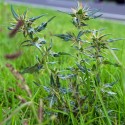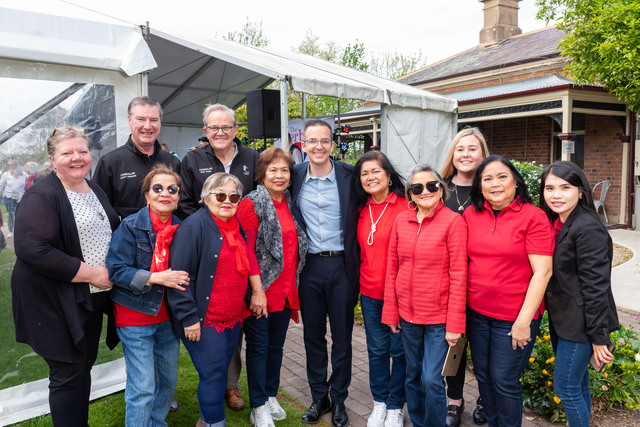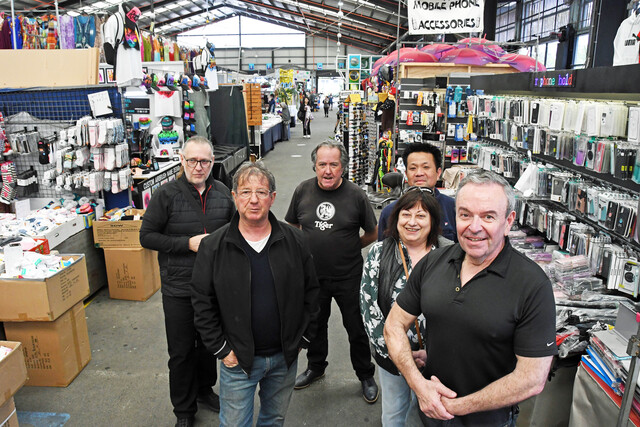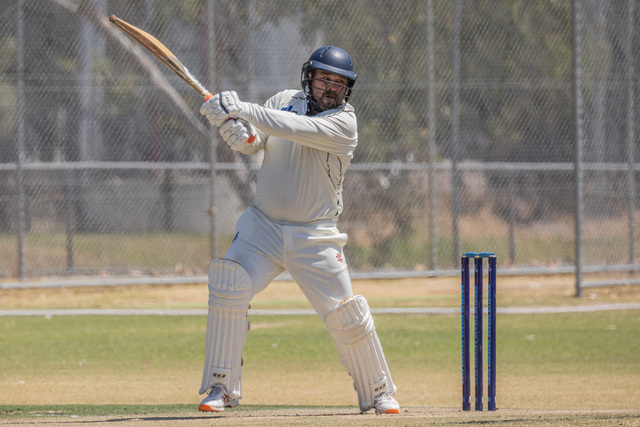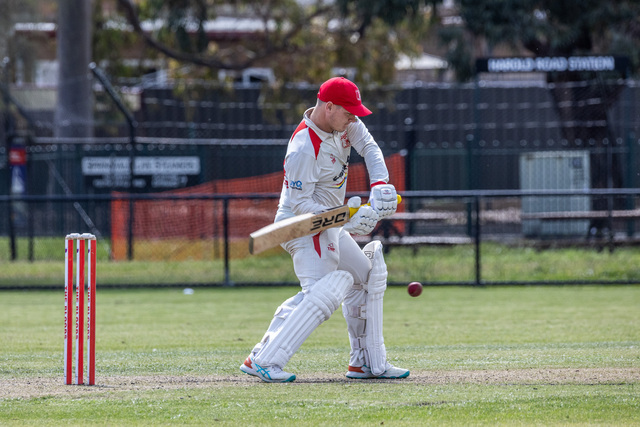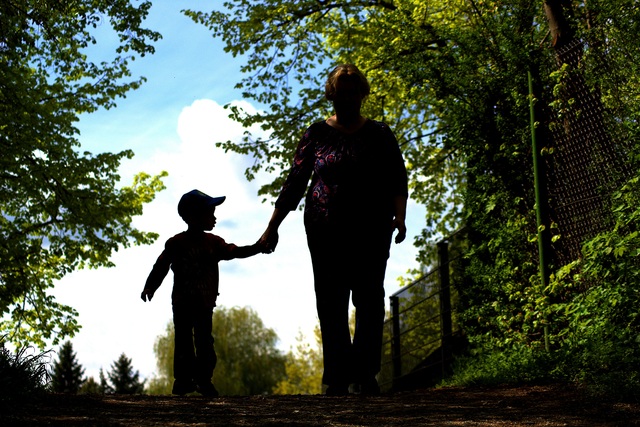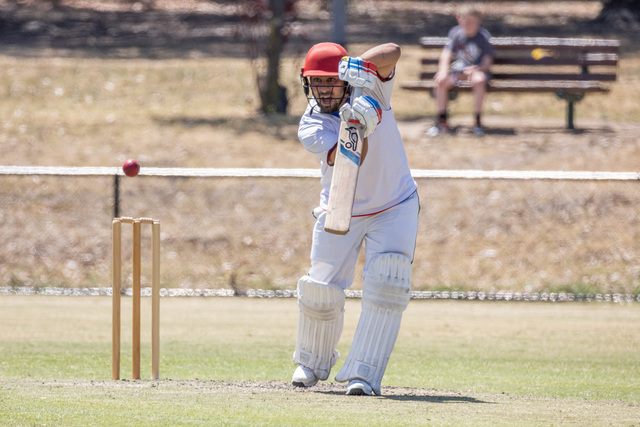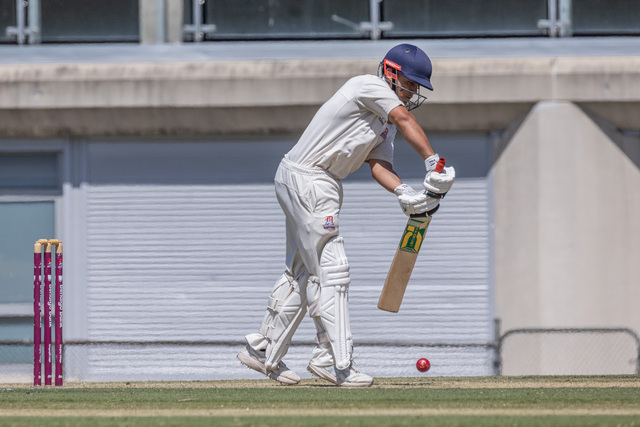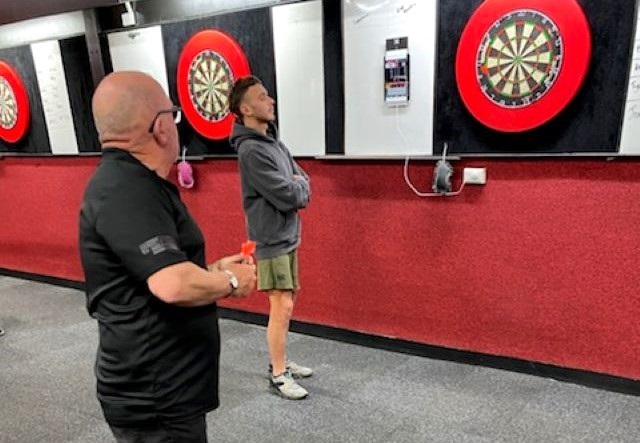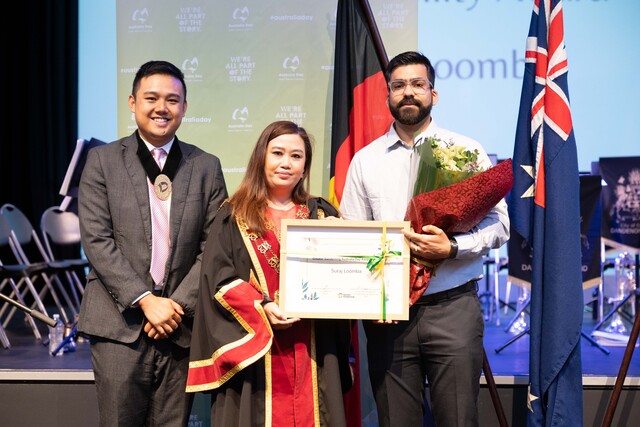By CASEY NEILL
“WHAT price do you place on a child’s life? What do you say to parents who lose their child?”
Greater Dandenong councillor Maria Sampey’s voice cracked with emotion as she spoke these words at the Monday 9 May council meeting.
Her eyes filled with tears as she pleaded for a further steam weeding trial at council playgrounds, spurred on by concerns that the herbicides currently used could cause cancer.
Cr Sean O’Reilly, with support from Cr Angela Long, moved an alternative motion to quash plans for the $20,000 project.
“I don’t think this council should be spending money on something that we’ve already showed to be not as effective as chemicals,” he said.
But Cr Sampey gained support from her other colleagues to fund the 12-month non-chemical weed management trial in selected high-use playgrounds from 1 July.
The World Health Organisation’s cancer agency recently reclassified the routinely-used herbicide glyphosate as probably cancer-causing to humans.
“If Cr O’Reilly doesn’t want to protect his child, then I will be a voice for your child,” Cr Sampey said.
But a recent report from University of New South Wales’ Dr Bernard Stewart said “glyphosate isn’t actually dangerous at the levels at which children, or the incidental park passers-by, are exposed”.
This latest council motion followed a trial at four Greater Dandenong sites between 1 April and 11 August last year.
Council officers reported positive results, but said weed growth was slow at that time of year, low rainfall resulted in low germination rates, and time-consuming hand-weeding also took place.
The pilot cost of $4800 is more than 11 times the current $416 weed removal price-tag.
Officers concluded that steam weeding as an alternative to chemicals was cost-prohibitive “without a more comprehensive and longer-duration study”.
Cr O’Reilly said he didn’t think anybody thought the second trial “will come back and say steam weeding is more effective than chemicals” and shrugged off health concerns.
“The playgrounds aren’t drenched in chemicals – only where there are weeds is it applied,” he said.
Cr Matthew Kirwan said several European countries had banned or restricted glyphosate-based herbicide due to alleged links with birth defects, kidney failure, celiac disease, colitis and autism.
“I think exploring alternatives to glyphosate-based herbicides is very important, and so continuing the trial is very important,” he said.
“Greater Dandenong should be a leader in it and I commend Cr Sampey for her continued persistence on this issue.”

